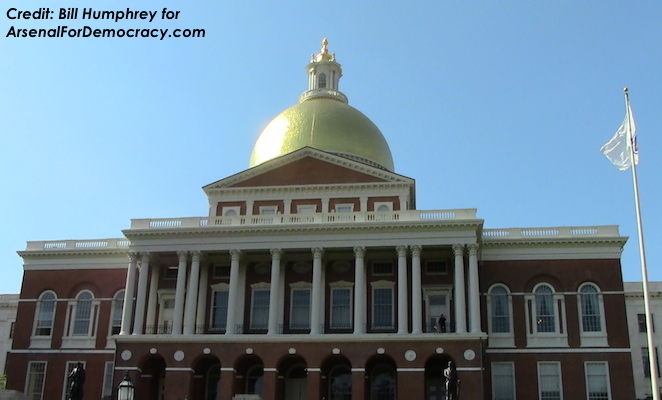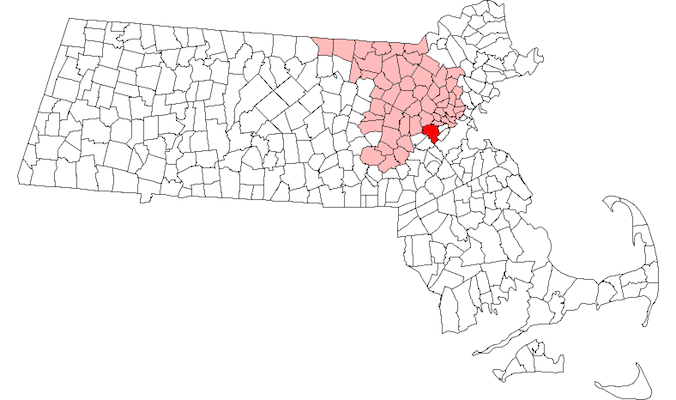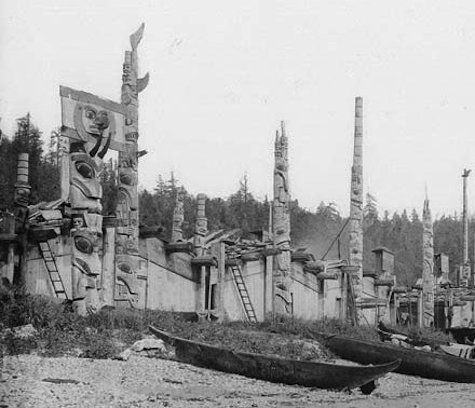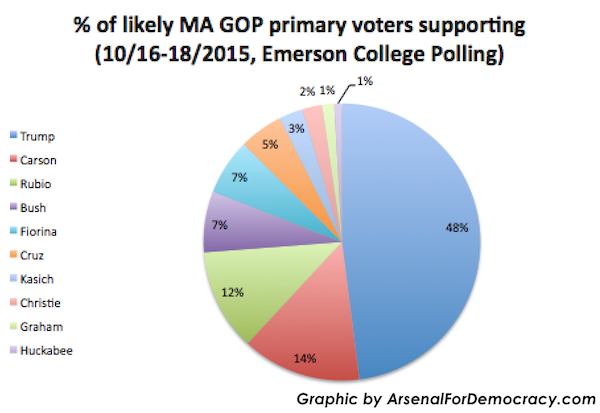Massachusetts should accept civilian refugees of the wars in Syria, Iraq, and Afghanistan with open arms. Period.
Category Archives: Arsenal Local
Action works
I’ve worked for and volunteered for a lot of great candidates who have come up short — so it’s pretty fantastic to have a nearly clean sweep for once, as occurred this week.
I’m so proud of the work we did in a short span to fight for Newton’s future by electing an incredible new cohort of thoughtful activists to our Charter Commission and by re-electing a number of courageous incumbents who have taken stands in favor of varied and expanded housing opportunities in our city as it grows with the booming Boston region.
This election also really helped cure the residual burnout I had been feeling from some past elections and campaigns I’ve been involved with.
I also came away with a newfound resolve to combat the forces of apathy and malaise because I saw my efforts — stuffing envelopes to friends and parents of friends, knocking on hundreds of doors, etc. — directly translating into a successful campaign. I was always happy to head out there for all these candidates and talk to voters because I felt like every conversation was helping to build a new generation of democratic leadership and to bring the city into the future.
Here’s what I ask those people in the apathetic and cynical camp: Are you going to sit around telling everyone how nothing ever changes so there’s no point? Or are you going to stand up and see if you get enough people together to help change some things?
You and thousands of people like you can sit at home, separately, complaining and telling everyone who wants to try that they should give up too. Or you can get out there and help build the growing movement to turn things around. I know which I’d rather be doing.
Trump is overwhelming favorite for MA GOP primary
Emerson College Polling Society released a poll on likely voters in the semi-open Republican presidential primary next March. It’s… well, there was never going to be a good outcome, but this certainly isn’t. However, it also doesn’t surprise me at all.
Massachusetts is notoriously difficult to poll accurately — but when the margin is 34 points between first and second place, I think we can assume it’s probably in the right ballpark.
Ranked choice voting for statewide executives?
Below I’ll present passages explaining briefly what ranked choice voting is and then present historical evidence as to why the system might be particularly (perhaps uniquely) suited to the constitutional role of a statewide executive. The latter case I have drawn from the constitutional debates that shaped the late 18th century creation of a governorship model that spread from Massachusetts to the eventual 50 states (as well as influencing the original U.S. setup).

The New America Foundation and FairVote, June 2008, on what instant runoff ranked choice voting is, procedurally:
Instant runoff voting (IRV) is an election method that determines the choice of a majority of voters in a single round of voting without the need to conduct a separate runoff election. As a majority voting method, IRV is ideal for single-winner offices such as governor […] In recent years, IRV has been implemented for local elections in several American cities, including San Francisco (CA), Cary (NC), Hendersonville (NC), Takoma Park (MD), and Burlington (VT).
An explanation of mechanics and outcomes, also from FairVote:
Ranked choice voting (RCV) describes voting systems that allow voters to rank candidates in order of preference, and then uses those rankings to elect candidates able to combine strong first choice support with the ability to earn second and third choice support. RCV is an “instant runoff” when electing one candidate…
– Gives voters the option to rank as many or as few candidates as they wish without fear that ranking less favored candidates will harm the chances of their most preferred candidate.
– Empowers voters with more meaningful choice.
– Minimizes strategic voting.
[…]
In a single seat ranked choice voting election, sometimes called instant runoff voting, votes are first distributed by first choices. If no candidate has more than half of those votes, then the candidate with the fewest first choices is eliminated. The voters who selected the defeated candidate as a first choice will then have their votes added to the totals of their next choice. This process continues until a candidate has more than half of the active votes or only two candidates remain. The candidate with a majority among the active candidates is declared the winner.
Now let’s turn to a 1780 theory on the role of a statewide executive office from the constitutional debates of the State of Massachusetts, described and quoted by Eric Nelson in his 2014 book The Royalist Revolution: Monarchy and the American Founding (pp. 176-177):
But the most extraordinary response to the proposed constitution came from the town of Wells, far to the north of Massachusetts (in present-day Maine). Like the Groton committee, the drafters of the Wells report began by proposing that “the Governor might have a [full] Negative on all Acts of the Legislature.” “We think it very necessary,” they explained, “that the Independence of the Executive and Judicial Departments be well secured – Nor can We conceive of how this can be done effectually unless there be a Power lodged somewhere of negativing such legislative Acts as tend to destroy or violate this Independency–And We are clearly of the opinion that the Governor will be the most fit person to be intrusted with this Power; he being the first Magistrate and the Sole Representative of the whole Commonwealth.” But the authors then added an excursus that was entirely their own. The governor, they insisted, will constitute “the Center of the Union to all the several parts and members of the political Body; who is chosen and constituted by the whole Community to be in a peculiar manner the Guardian of the Constitution and of the Rights and Interests of the whole State–All the Individuals have a like Interest in him and stand in a like Relation to him as their common Representative.” […] “when we consider that the several Members of the Legislative Body are to be chosen only by particular Districts as their special Representatives and many not improbably be often chosen for the very purpose of serving and promoting such Views and Designs of their Constituents as would be injurious to other parts of the State,” the dangers of assembly government become perfectly clear. It follows that “we cannot but think that the Representatives of the Whole People who can have no reason to act under the Influence of such partial Biases and Respects should be furnished with ample and Sufficient Powers to prevent effectively the pernicious Consequences of such narrow Policy, as is calculated to serve the Interest of one part to the injury of another who may happen not to have an equal Interest in the Legislature.”
The authors went on to explain that their heightened sensitivity to the dangers of legislative power, and the corresponding need to invest the chief magistrate with sweeping prerogatives, arose chiefly out of their experience of life on the periphery of a political community. “The distant parts” of the commonwealth, such as Wells, “may Scarce have a single Member to Speak and act on their Behalf” in the legislature, and, accordingly, the two chambers “may be prevailed upon to pass Bills injurious, oppressive and pernicious to a great part of the people.” […] But however estranged they might be from the metropolitan legislature, “we shall always have a Representative in the Person of our Governor, we may claim an equal Interest in him with the other parts of the State.”
In other words, rather than electing a statewide executive (whether the governor or further down the ballot) who effectively represents only the plurality of voters who voted for him or her — often mirroring the geographical distribution of the population itself as the legislature already does — an executive would be elected by the whole people in this system.
Each voter would have cast a vote for that governor, in effect, by ranking a list of candidates. The governor would likely be the first or second choice of a much broader range of people than under the current system. He or she would be accountable to and representing the whole of the state, not just the populous parts.
What did Auchincloss mean by “Millennial Mecca” remark?
Editor’s note: This is more or less a purely local post about politics in Newton MA (where we record our weekly radio show), but it has broader implications for both eastern Mass and other parts of the country where a similar pattern is playing out.

Newton highlighted within Middlesex County, Massachusetts. Credit: Justin H. Petrosek – Wikipedia)
At the Newton Ward 2 At-Large forum, citywide aldermanic candidate Jake Auchincloss said, some 44 minutes in:
“I don’t hear a lot of demand for us becoming a Millennial mecca. […] That’s not where the voters I spoke to chose to live. They chose to live in Newton, which is the Garden City and which has a special comparative advantage in Greater Boston of being bucolic, of having fabulous schools and safe streets, and that’s the priority.”
Maybe other voters won’t hear it the way I did, but: This is, without question, the most troubling (even disturbing, actually) thing I have yet heard from Jake over the course of this campaign.
It would be one thing to contrast Newton in general terms with other slightly more urban communities, some of which he cited by name. But it’s quite another to imply that those communities have bad schools or unsafe streets or no green spaces, and to further imply by specific word choice that this is all because ‘Millennials’ live there in large numbers. As if ‘Millennials’ are destroying the Greater Boston area like locusts and must be kept at bay from Newton.
Can you imagine the blowback if a candidate for citywide office said during a debate that Newton shouldn’t become a “mecca for the elderly” or a “mecca for baby boomers”? He would rightly finish in last place and never be heard from again.
But this discrimination is an easy political move because adult Millennials are not a major voting force in Newton right now for the simple reason that almost none of us can afford to live in Newton. No wonder he didn’t “hear a lot” from young people who have been priced out of their home city. They’re not here to be able to tell him what they want. Read more
With liberty and development for some…
A review finds Massachusetts Gov. Charlie Baker’s economic development council doesn’t reflect the state’s race or gender at all.
“Baker’s economic development panel largely white and male” – The Boston Globe:
But Baker’s 59-member council is more than 85 percent white and more than 80 percent male, according to a Globe review. The lopsided demographics have prompted criticism from those who say that Baker’s personnel decisions have not lived up to his inclusive message on the campaign trail last year.
[…]
But critics such as US Representative Katherine Clark, a Melrose Democrat, said that more than 70 percent of the people entering the workforce are women or people of color, according to research by the Bentley University Center for Women and Business.
[…]
According to US Census Bureau estimates, non-Hispanic whites account for 75 percent of the state’s population, and women for 52 percent.
Taking steps to repair Bay State’s role in Alaska Native history
Turning to indigenous peoples news relating to my hometown, Newton MA, this troubling story popped up on my radar last week…

July 1878: Skidegate Indian Village of the Haida tribe. Skidegate Inlet, British Columbia, Canada. (Library and Archives Canada)
Alaska Dispatch News – “Massachusetts college cancels sale of Alaska Native art”:
A Massachusetts theology college has abandoned plans to sell off art from 52 Native tribes, including Tlingit and Haida items, as the federal government investigates.
The Andover Newton Theological School could face penalties for quietly planning the sale of 80 Native art pieces this summer, possibly violating a federal law that would require some items to be returned to the tribes, reported KTOO-FM [Juneau AK].
The Peabody Essex Museum in Salem, Mass., has displayed the collection since the 1940s and alerted hundreds of tribal leaders to Andover Newton’s plans.
[…]
Andover Newton president Martin Copenhaver didn’t comment but forwarded KTOO-FM a letter that said the school “will proceed to repatriate artifacts if feasible and appropriate ways can be found to do so.”
The collection of Alaska Natives objects included many items of spiritual significance under traditional religions of the Alaska and Pacific Northwest coasts, which Christian missionaries seized in their efforts to force the Native populations of the Alaskan Panhandle and coastal British Columbia to convert (or just stay in line under White authority). One item was a decorated halibut hook, emblematic of the Native coastal fishing cultures.
The school now faces a formal investigation by the Federal government’s Interior Department, under the Native American Graves Protection and Repatriation Act of 1990 and could potentially face fines of close to $20,000 for violations from the attempted sale.
Massachusetts has long had complicated and destructive ties with Alaska Native communities because of the New Bedford-based global whaling industry, which often hunted whales industrially in Alaska’s Pacific and Arctic waters traditionally harvested (at a much lower impact) by Alaska Natives. Christian missionaries from the Bay State often followed their economic counterparts into other parts of the world.
While I wish Andover Newton had been more diligent and thoughtful, I’m glad the Peabody Essex Museum did its part to help stop this illegal sale and encourage the restoration of Alaska Native artifacts to the opposite coast, where they rightfully belong. The Museum has an excellent collection (well beyond these items) of Native American Art, past and present, from many different Native cultures of North America.
In 5th grade at Newton’s Angier School, after I had been lucky enough to be assigned the Haida peoples of the Pacific Northwest for a research project on Native heritage, I got to go on a field trip to the Peabody Essex Museum and see some distinctive Haida and Tlingit art in person — an experience that has stuck with me for all these years. The collection will remain strong and vibrant even after the Andover Newton items stolen from Alaska’s and British Columbia’s Tlingit and Haida people by missionaries are repatriated.
This is an important symbolic step in repairing the hurt and pain that some of our state’s citizens caused many years ago in that part of the world.




